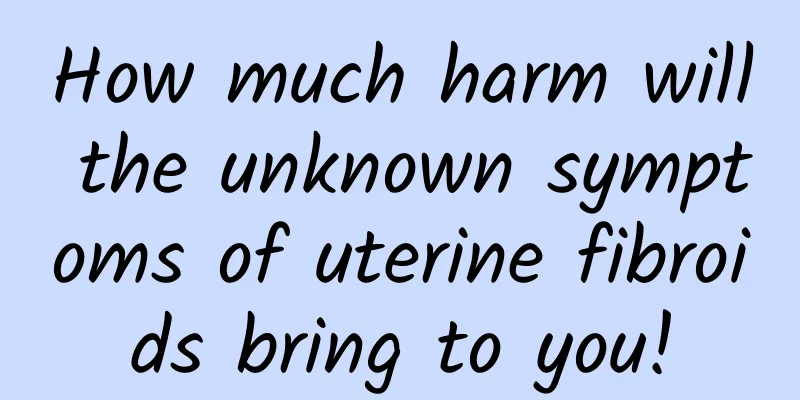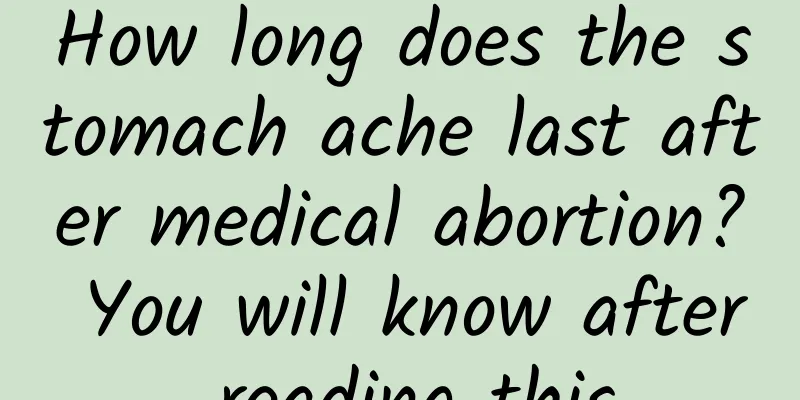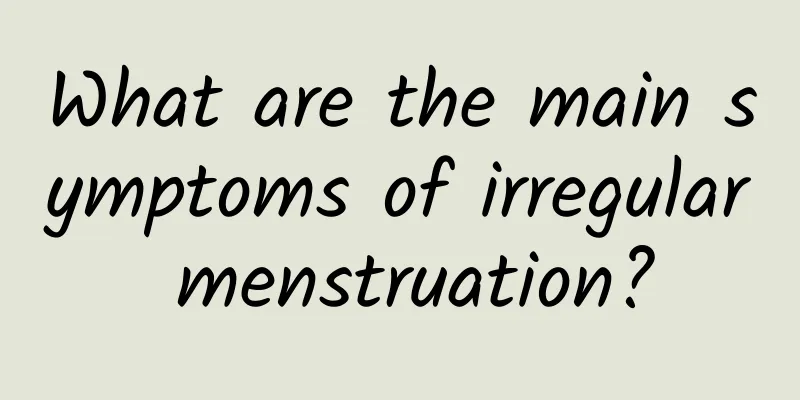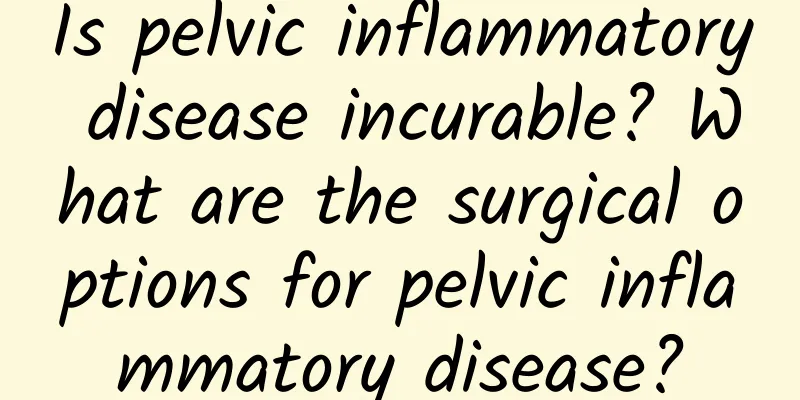How much harm will the unknown symptoms of uterine fibroids bring to you!

|
Whether uterine fibroids have symptoms and their severity are mainly determined by the location, size, number and complications of the fibroids. Some fibroids are small, grow slowly, and are asymptomatic, and can remain undetected for a lifetime. Many friends are worried about the symptoms of uterine fibroids. Don't worry, let our experts briefly introduce the symptoms of uterine fibroids to you, hoping to help you! (1) Erythrocytosis: Uterine fibroids are rarely associated with erythrocytosis. Most patients are asymptomatic. The main basis for diagnosis is increased hemoglobin and red blood cell counts. No other cause of erythrocytosis can be found except uterine fibroids. After tumor resection, hemoglobin and red blood cells return to normal. There have been various explanations for its etiology over the years. It is now clear that the cause of uterine fibroids with polycythemia is due to the erythropoietin produced by smooth muscle cells. Erythropoietin is produced by the kidneys, and smooth muscle does not produce erythropoietin. The clinical symptoms of endocrine dysfunction caused by the production or secretion of hormones or hormone-like substances by tumors of non-endocrine tissues are called ectopic hormone syndrome. In addition to uterine fibroids, it is known that many tumors such as liver cancer, adrenal cortical carcinoma, ovarian cancer, breast cancer, and lung oat cell carcinoma can clinically cause polycythemia due to the production of erythropoietin by tumor cells. (2) Hypoglycemia: Hypoglycemia associated with uterine fibroids is also rare. The main symptoms are low fasting blood sugar, loss of consciousness and even shock. The symptoms can completely disappear after glucose injection. The symptoms of hypoglycemia will completely disappear after tumor resection. Hypoglycemia in uterine fibroids is also a type of ectopic hormone syndrome, and its mechanism of occurrence is not yet fully understood. In recent years, literature has reported that patients with non-islet cell tumors have hypoglycemia. When hypoglycemia occurs, the levels of insulin, insulin-like growth factor-I (IGF-1) and growth hormone (GH) in the blood decrease or even become undetectable, while the concentration of insulin-like growth factor-II (IGF-II) is normal or slightly increased. After tumor resection, the hypoglycemia episode disappears and the above parameters return to normal. It is believed that hypoglycemia caused by non-insulin cell tumors is related to the excessive production of IGF-II by tumor cells. Hypoglycemia occurs in patients with non-insulin cell tumors. Most tumors are derived from mesenchymal tissue or fibrous tissue. Tumors can be benign or malignant, such as fibroma, fibrosarcoma, leiomyosarcoma, etc. Tumors are generally large and are usually found in the chest, abdomen, retroperitoneum and pelvic cavity. The above is a brief introduction of the symptoms of uterine fibroids by experts. I believe you already know them. If you have any questions about uterine fibroids, please consult our online experts. We will serve you wholeheartedly! Uterine fibroids: http://www..com.cn/fuke/zgjl/ |
<<: Do you know the diagnostic criteria for vulvar leukoplakia?
>>: Experts introduce precautions for ovarian cysts
Recommend
How Bacterial Vaginosis is Diagnosed
How to diagnose candidal vaginitis? This is also ...
How to carry out daily care after childbirth
Abortion is one of the most effective surgeries c...
How to cure menstrual disorders after abortion
How to cure menstrual disorders after abortion? S...
Can cervicitis be contagious?
Is cervicitis contagious? Can cervicitis be direc...
Describe the symptoms of vaginitis in detail
There are many symptoms of clinical vaginitis. Th...
Will poor treatment of cervical warts affect a person's life?
Are cervical warts fatal? Many people would say t...
How do uterine cysts form?
How do uterine cysts form? Under normal circumsta...
How to relieve fatigue caused by changing seasons? 5 great nutrients! Nutritionist: Supplementing zinc and iron can help you get rid of poor complexion and lack of energy
With the recent change of seasons, the temperatur...
How to confirm ovulation bleeding
To confirm whether it is ovulation bleeding, you ...
It’s so easy to eliminate edema! Ginseng and jujube tea nourishes the spleen without causing obesity
The weather is getting hotter and hotter, and the...
Attention: Nine common symptoms of uterine fibroids
What are the symptoms of uterine fibroids? Uterin...
How to treat vaginal condyloma acuminatum
Vaginal condyloma acuminatum is a sexually transm...
What medicine can I take for irregular menstruation? How can I treat the symptoms to make my menstruation normal?
Irregular menstruation occurs from time to time i...
How to prevent ovarian cysts early
How to prevent ovarian cysts in the early stage? ...
What are the causes of uterine fibroids?
In the clinical practice of uterine fibroids, the...









